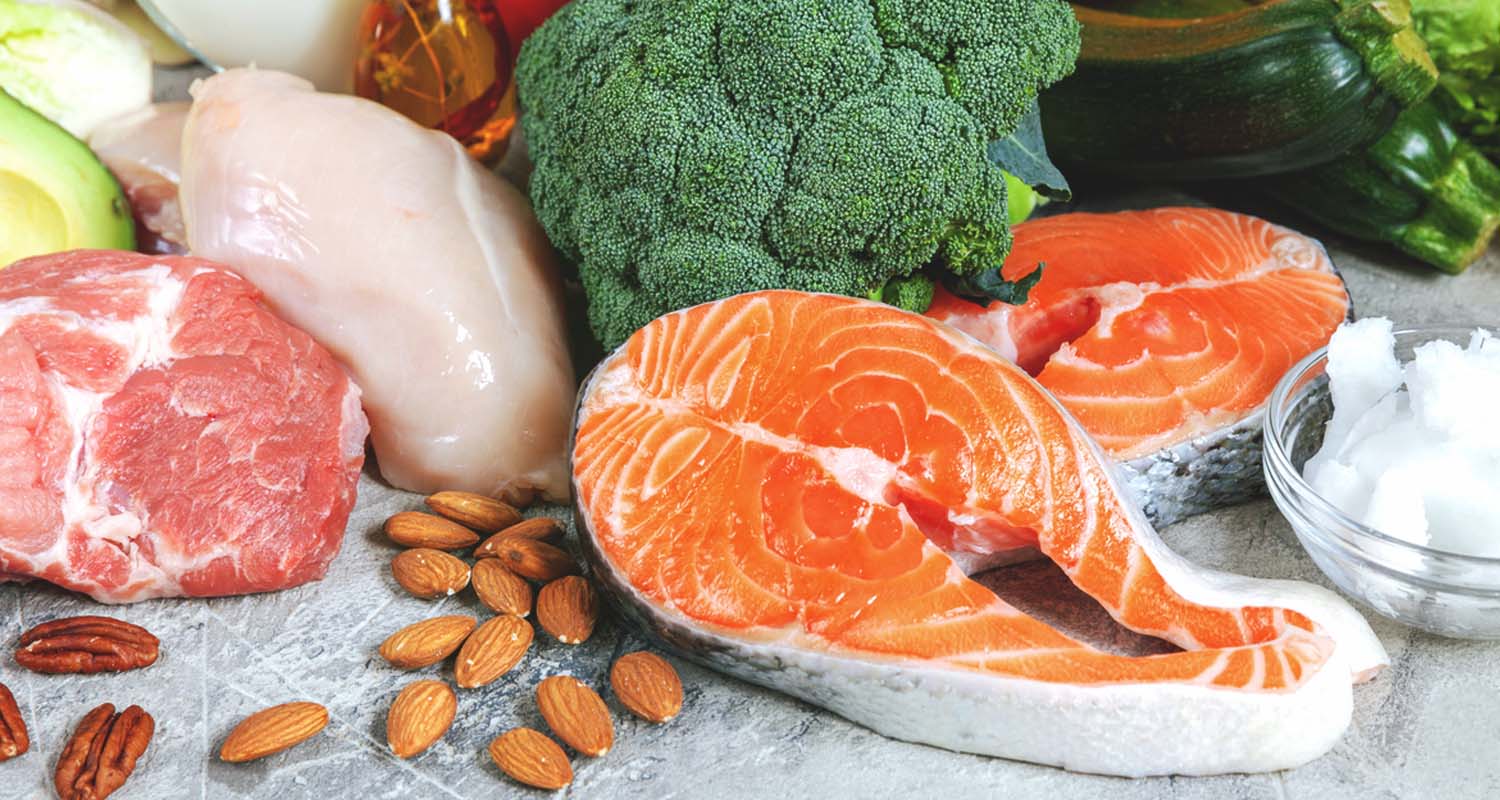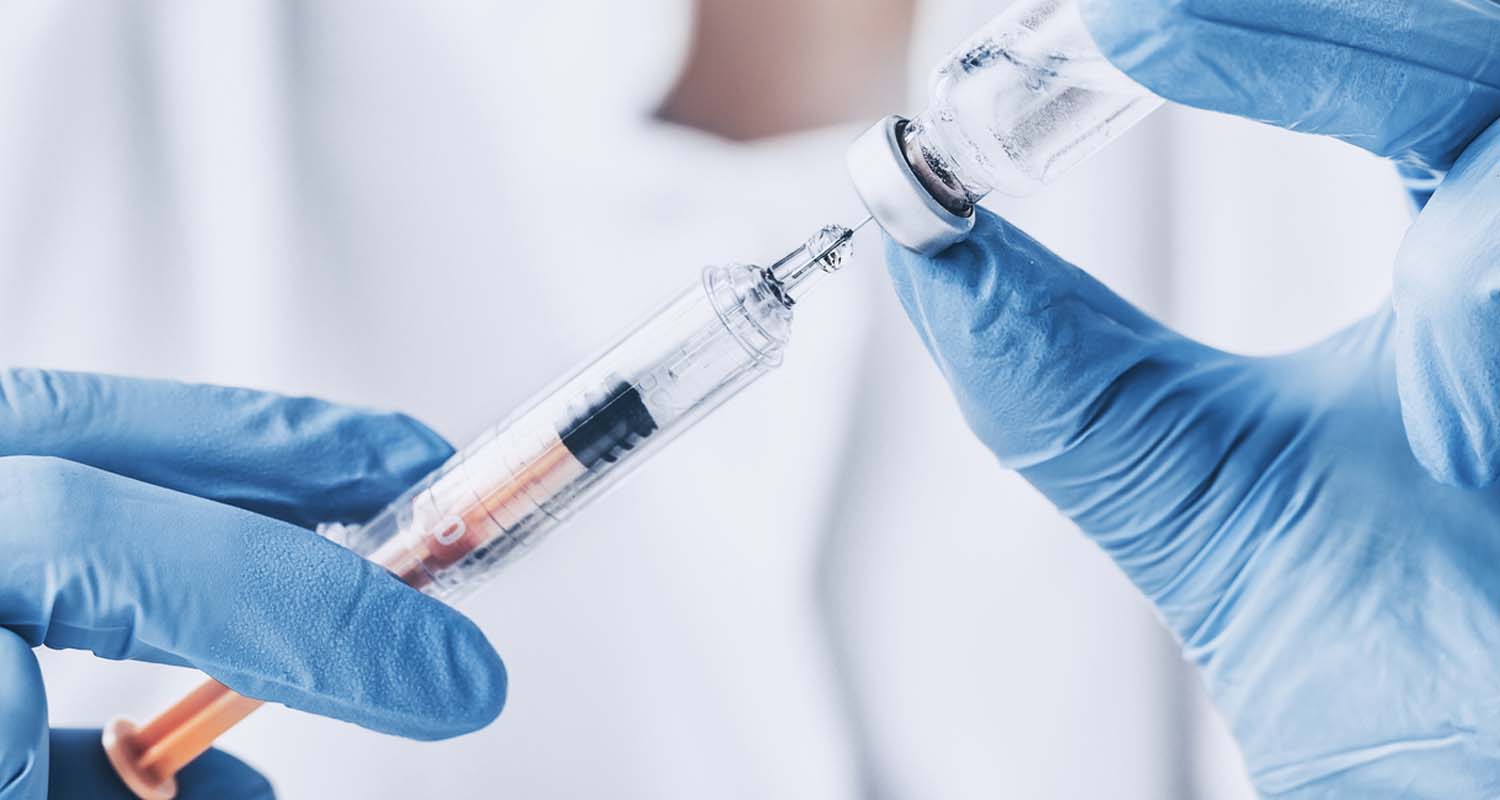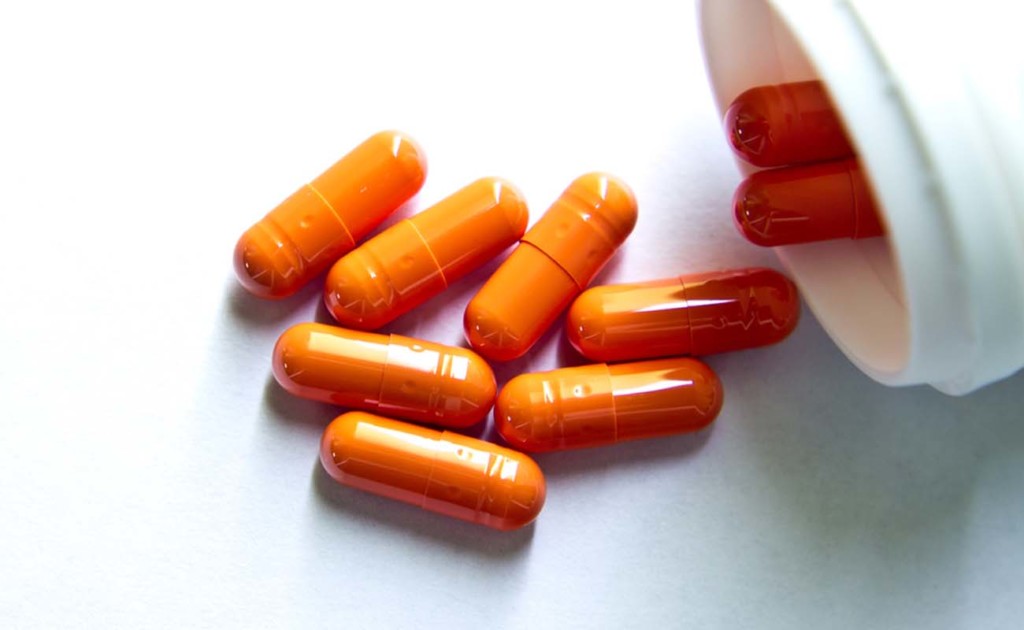The “shocking” way to break your bad habits!
In this episode of Bulletproof Radio, Dave and his buddy Maneesh Sethi talk about the positives of negative reinforcement.
Maneesh built a company around fixing what he used to think of as problems, or disorders, and turned them into super-powers when properly harnessed.
From hiring a woman off of Craigslist to slap him when he logs into Facebook, to famously blowing off a Shark on Shark Tank, Maneesh marches to the beat of his own drum.
Plus, just how long does it take to form a habit? And can you break your bad ones with a buzz?
Enjoy the show.
Listen to the episode on itunes
Follow Along with the Transcript
Gaming Your Habits: Maneesh Sethi # 486
Links/Resources for Maneesh Sethi
Website:
Instagram:
Facebook:
Twitter:
YouTube:
Hack the System:
Bulletproof Radio #158: Maneesh Sethi-Hacking Habits, Accountability, & Time Management with Pavlok
Bulletproof Blog:
Show Notes
- “I think it was a couple of years ago when you were on, Maneesh, but he makes a device and I have one of the first prototypes, that you wear around your wrist that shocks you when you have a bad habit. It’s kind of like this idea of snapping yourself with a rubber band, the way your grandmother might have said when you have a bad habit, but much more neurologically interesting to the body. The body doesn’t really like these … they’re relatively mild shocks.”
- What happened was, back in 2012, Maneesh had a productivity experiment. He went to Craig’s List, hired a woman to come to his house and slap him in the face anytime he went on Facebook when he should have been working instead, which is an extreme way of dealing with ADD.
- “The kind of design around the company is, I’m trying to build a product for me and fixing my own, what I used to think were problems or disorders, which now I’ve come to understand are actually super powers when corralled and utilized effectively.”
- “At our core, our company has got one core statement that we say every day and our mission is to upgrade humanity and we do that in three ways. The first way is to break the habit. Break the had habits that hold us back. The second is to form the good habits that make us who we could be and the third is to add subconscious knowledge by converting digital information into subconscious sense, letting us learn faster and become super humans.”
- “I was a big habit formation guy. What I did was, I focused on helping people achieve positive habit formation and forming a habit and breaking a bad habit are two different things.”
- On negative and positive reinforcement. “I found out why do the slapping post and then a bunch of different experiments with our users that the best way to get someone to start doing a good habit was by adding a negative reinforcer, so if you add a bet and say, “I bet that I’m going go to the gym every day for the next 30 days,” or you have a punishment like, “My phone will shut off if I don’t go to the gym,” it becomes very easy to get people to start doing a habit, but then by rewarding them as they do that habit, so you start off with a bet and then when they get to the gym they have friends there, they are start to feel good, maybe they listen to an audiobook every time they go to the gym. That habit becomes permanent. It starts to stick. Negative reinforcement starts the habit. Positive reinforcement makes it stick.”
- Aversion therapy! “What would happen is, just like a Pavlovian dog or if anybody has ever gotten really drunk off of a tequila, for example, and gotten so sick they never wanted to drink tequila again, it creates a Pavlovian association in the basal ganglia reptile part of your brain. This one night of over drinking and getting nauseous can lead to never drinking that alcohol again. When we discovered that and we started looking at some of the old studies on aversion therapy, we were finding results above 50% cessation in less than a week.”
- Go check out “Headstrong” and “The Bulletproof Diet” on Amazon and leave a review!
- If you like today’s episode, check us out on Apple Podcasts at Bulletproof.com/iTunes and leave us a 5-star, positive review






